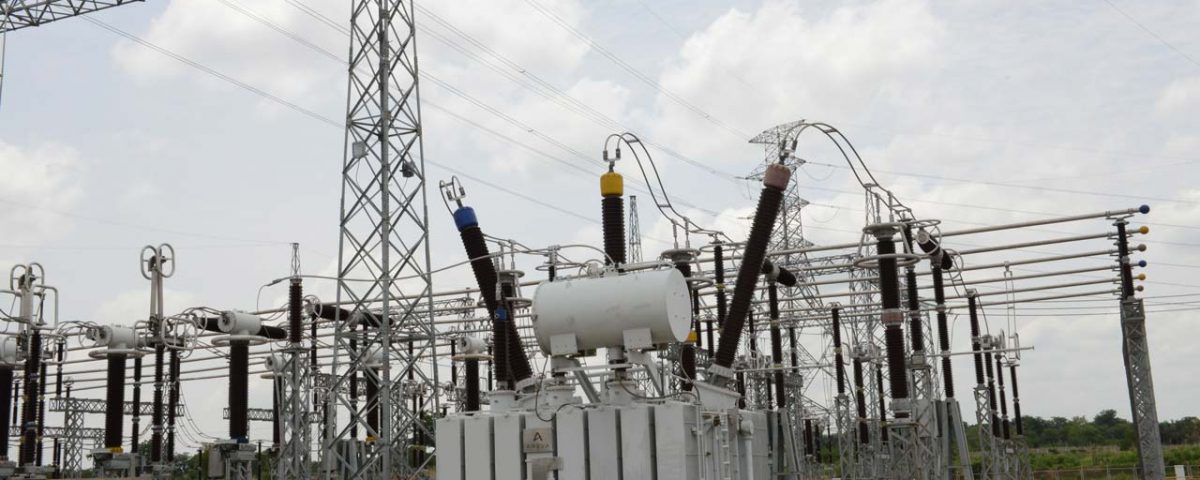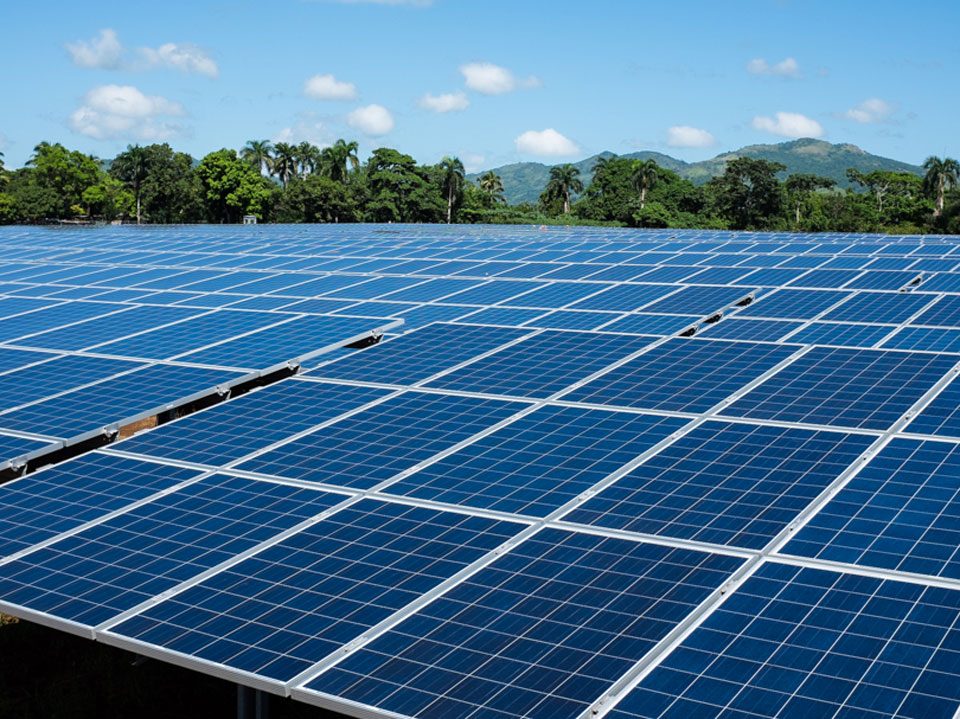Nigeria Update: Resetting power port-privatisation market

Nigeria Update: Sell-off persists, All-share index plunges further by 0.84%
September 14, 2018
Africa Update: OpEd: How to transform Africa’s manufacturing industry through data
September 14, 2018As the five-year Performance Agreement, which the 11 electricity distribution companies (DisCos), elapses in November, experts have called on the Federal Government to reset the market, and initiate a new set of agreements with the investors, if Nigeria’s desire for a stable and efficient power sector is to be achieved.
A key function of the Nigerian Electricity Regulatory Commission (NERC), as contained in Section 32(d) of the Electricity Power Sector Reform (EPSR) Act 2005, is to ensure that prices charged by licensees are fair to customers, and sufficient to allow operators finance their activities, and provide reasonable earnings for efficient operation.
In pursuant of this mandate, NERC established a methodology for regulating electricity prices called, the Multi-Year Tariff Order.The MYTO provides a 15-year tariff path for the Nigerian Electricity Industry with minor reviews each year, to reflect changes in a limited number of parameters such as inflation, and gas prices.
The MYTO also provides for a major review every five years, when all inputs are re-evaluated with stakeholders.The current MYTO, the first, came into effect in November 2013; however, operators argue that NERC has not implemented the cost-reflective tariff, as envisaged under the MYTO arrangement.They said: “it is unfortunate that after almost five years, NERC is yet to implement the key clauses of the five years performance agreement the federal government signed with the DisCos.”
The three key areas, which have been ignored, are the cost-reflective tariff, a clean debt-free book, which DisCos were supposed to inherit, and the N100 billion annual subventions for two years to bridge the gap between what consumers pay and the actual cost of electricity.Up till this time, DisCos are still been forced to sell their product at an average retail price of ₦32 per kilowatt hour (kWh), for a product that should sell at ₦80/kWh.
The implication of this gross underfunding, and other fall-outs such as interest charges, electricity marketing stabilisation fund, historical debts etc is that as at now the total shortfall in the sector is to the tune of ₦1.35 trillion and still growing.
Accordingly, they insisted that the current situation is unsustainable, as government, through NERC, needs to intervene by resetting the market, seeing as it has not fulfilled its own side of the bargain.They also argued that only way the distribution end of the value chain can work as envisaged; and by extension ensure that all other members of the value chain operated effectively, and efficiently, is for the government to re-negotiate with the DisCos, clean the debt books, and commence the implementation of a cost-reflective tariff as enunciated in the MYTO.”
They further suggested that a way out of the power sector underfunding and ending supply crisis, is to immediately commence the implementation of the Power Sector Recovery Programme (PSRP), which envisiges that the market shortfall will be addressed through:

